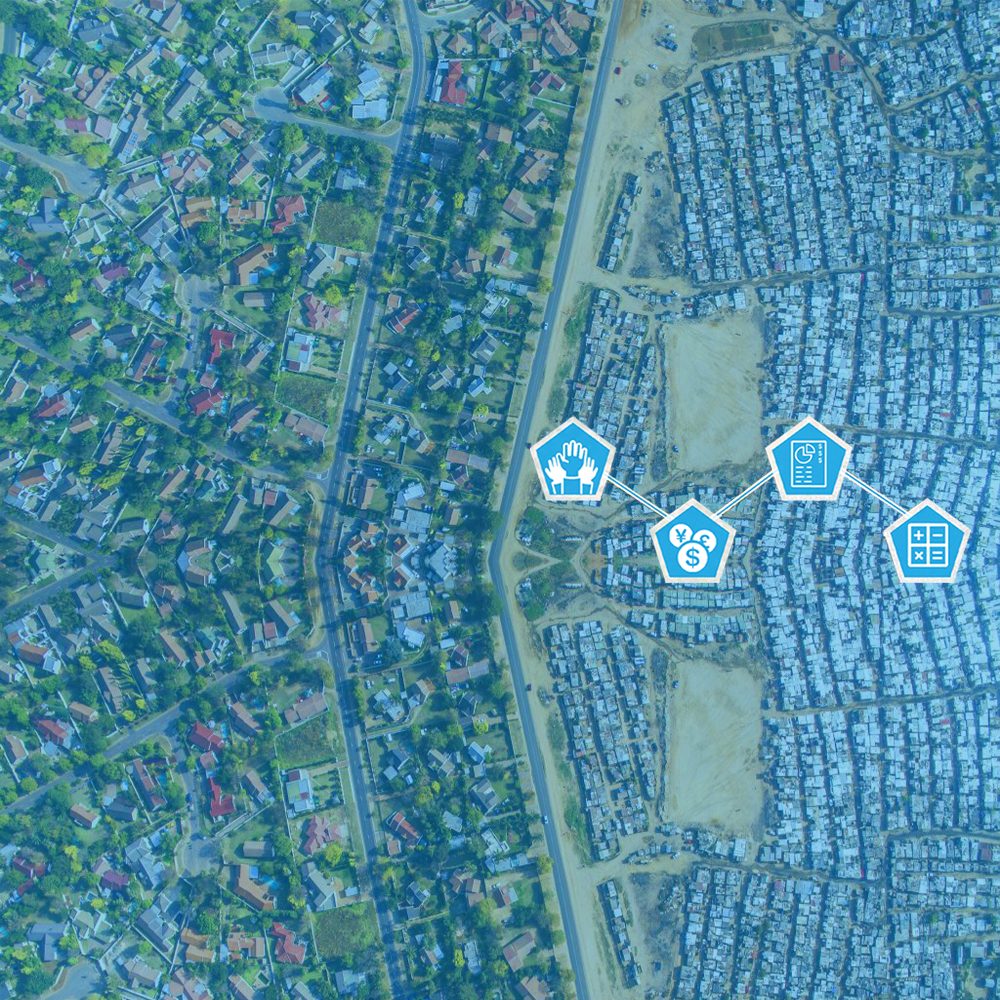Introduction
How a country organises its finances shapes how local authorities govern their cities, towns, and villages. Fiscal decentralisation gives local governments greater authority to decide how and where to allocate resources, enabling them to better respond to citizens’ needs.
For decentralisation to succeed, national governments must establish clear fiscal arrangements to support local service delivery, while local authorities must strengthen their financial capacities and optimise resource use.
This course explores key aspects of fiscal decentralisation, including expenditure responsibilities, intergovernmental transfers, and local revenue sources. Embedded in the broader context of decentralisation, the training also highlights the importance of political decentralisation.
The programme combines theoretical insights with global best practices, facilitating group discussions and learning from study visits to the Ministry of Interior, Provincial Government, and The Hague municipality. Tailored to participants’ needs, sessions cover topics such as corruption, participatory budgeting, local taxation, and financial accountability principles.












